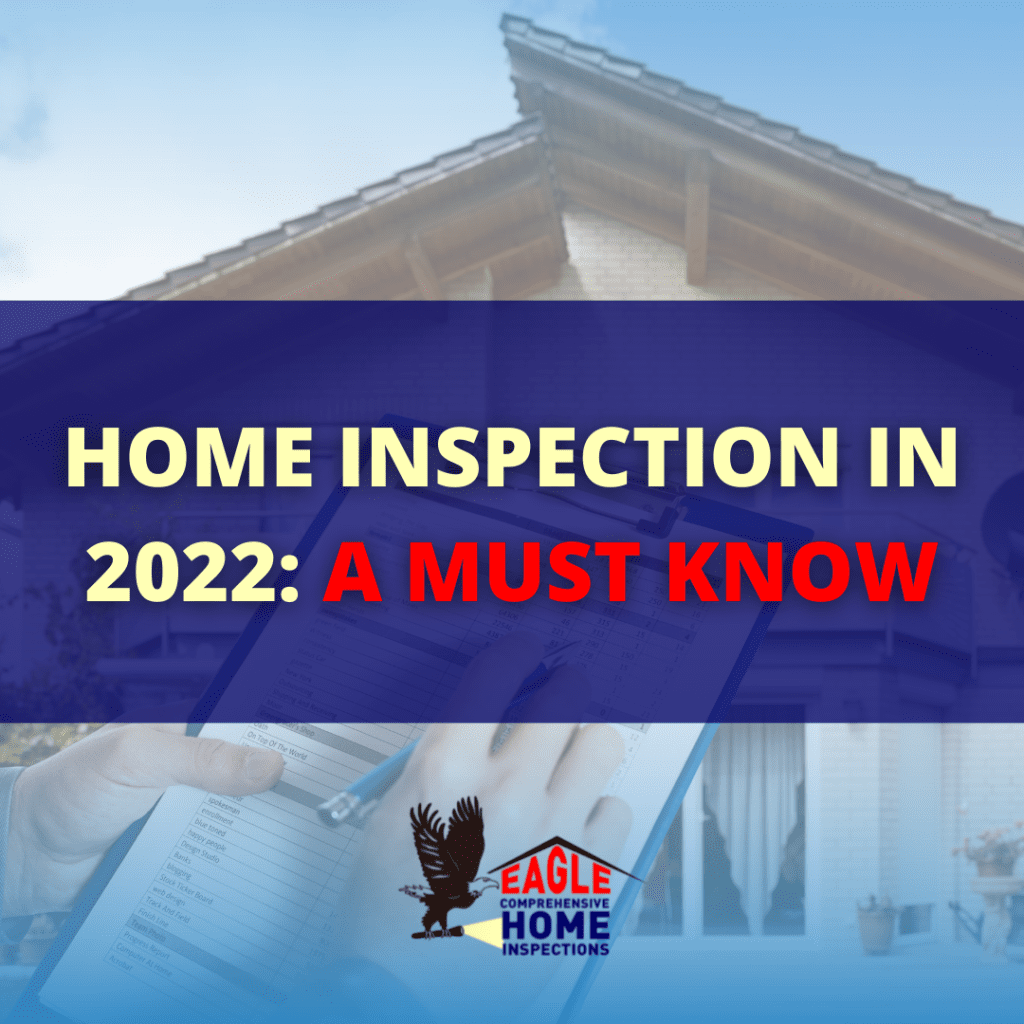Before finalizing the purchase of a home, a home inspection is required. If you don’t address any potential concerns immediately, the property can have hidden faults that will cause you trouble later. A home inspection is an essential step in the house-buying process. Yes, it might show more than a few flaws, but it can also guide your investment in a property purchase.
It is recommended that the buyer request a thorough house inspection before closing. Buyers must be aware of the items excluded from the house inspection.
To make the most of your house inspection, you should be aware of the following advice:
Understand What Is Home Inspection
You can pick the business you want to work with if you wish to have the house inspected before buying. It is vital to conduct research to determine which reputable home inspection companies exist. If they know of any businesses, you can ask your loved ones and friends for recommendations. You might also inquire about a recommendation from your real estate agent. You can check the company’s website and see whether prior clients were pleased with the ratings.
You, the buyer, are responsible for making the inspection payment. In addition, you are urged to show up in person for the inspection. You can then ask the home inspector questions that will aid you in making a selection while also seeing the condition of the house you wish to purchase.
Various aspects of the house are inspected as part of the typical home inspection. It considers the foundation, structure, roof, floor, windows, doors, interior plumbing, interior electrical, and heating and air conditioning systems. In addition, you can ask for a separate check for items like radon or vermin.
A thorough report will be given after the inspection. Any problems are described in detail and shown in pictures in this report.
Understand the DIY Fixes You Can Make
You’ll be able to observe the home’s true condition thanks to the home inspection. The home inspection is dubious if they discover no issues with the residence. They will find issues in various parts of the house, but that doesn’t necessarily mean you shouldn’t buy the house; it just means you’ll need to deal with the issues later.
The vendor handles most issues; however, there are some repairs you need to do yourself. Asking the seller to make repairs in rooms like the bathroom and kitchen, which you intend to remodel, is acceptable as long as there aren’t any significant electrical or plumbing issues.
Recognize When to Bargain for Fixes
Future repairs can be challenging, especially if you don’t have much money. If that’s the case, you can request that the vendor rectify the flaws at their expense, or you can bargain for a reduced selling price or money-back guarantee.
Not every defect needs to be worked out. It is vital to only negotiate for significant structural or mechanical flaws because the seller can always say no. The seller can fix common flaws, including substantial plumbing concerns, leaky roofs, high radon levels, dangerous electrical issues, mold problems, and drainage and water issues. It would be normal for a seller to rectify these concerns before closing rather than deducting money from the selling price because these issues should be resolved before moving in.
Understand When to Leave
It is possible to repair any problems identified in the house, but it will cost a lot of money. So, if a significant issue, such as a foundation problem, was discovered during the home inspection and the seller won’t make repairs, it might be time to back out of the transaction.
Before finalizing the deal, it is a good idea to have your home inspected because this will allow you to determine whether any significant problems need to be fixed. You’ll be able to make more informed choices during the bargaining process. In addition, it will save you from future expensive repairs.

